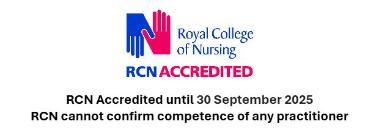Teaching and assessment
As a 15-credit Level 7 Module, there are 150 hours of study, equating to 75 hours of active learning and 75 hours of independent study. There are 10 taught sessions via MS Teams that all learners are expected to attend during the 15-week module. As learners are required to be active participants during these sessions, they will need a working camera and microphone.
The principal learning and teaching methods used in the module may include:
- The core of each module delivery mode is a series of tutor-led or group-led seminars or workshops which are all delivered online using platforms such as Microsoft Teams.
- Web-based learning using the Keele Learning Environment (KLE), Blackboard.
- Group work and peer support. All modules use focused group work and class discussion facilitated online using platforms such as Microsoft Teams, Padlet etc.
- Directed independent study. Most of the study hours for each module comprise independent learning by expecting participants to add depth and breadth to their knowledge of topics, to practice skills and to reflect on critical incidents and their practice.
- Teaching is supported by Professional Nurse Advocate Leads and Quality Improvement experts.
The endpoint summative assessment is a 3,000-word portfolio of evidence, demonstrating personal competence with the PNA role proficiency requirement and the key elements of the A-EQUIP Model (1,500 words) - with a minimum of 5 pieces of evidence. The nurse's knowledge and skills to facilitate restorative clinical supervision to colleagues and teams within nursing services, intrinsically linking restorative clinical supervision to quality improvement approaches in clinical practice,1,500 (total portfolio 3,000 words).


